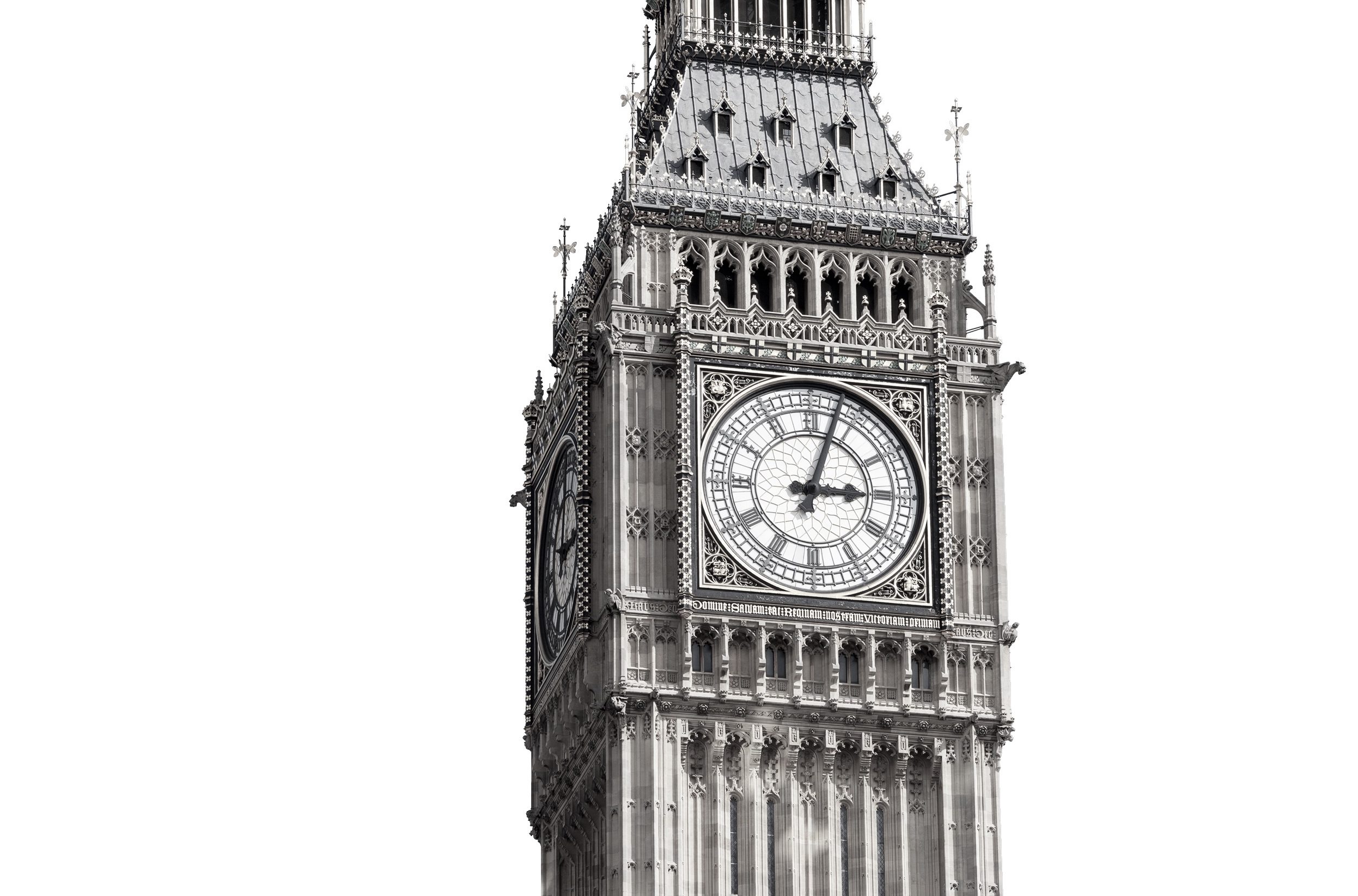Despite some of the commentary and analysis of the few days since the UK general election, it is worth reminding ourselves of the result. The Labour party lost the general election and the Conservatives won, albeit that they lost their parliamentary majority.
Both the major parties stood on manifestos of accepting the United Kingdom’s departure from the European Union and negotiating with the EU to produce an easy transition for all. The parties which stood on manifestos of revisiting the EU membership question did relatively badly – the Scots Nationalists in particular losing seats to Labour and the Conservatives.
Yet the parliamentary arithmetic has reopened Brexit as an issue because the Conservatives have agreed a pact with Northern Ireland’s Democratic Unionists. They do not accept the mantra of ‘no deal is better than a bad deal’. One of their many bottom lines is to keep an open border with the Irish Republic, free of tariffs. For them, the existing arrangement is better than no deal.
This weakens Mrs May’s negotiating hand, leading some to speculate that the best the UK can now achieve is membership of the European Economic Area – whose members include Liechtenstein and Norway. This would give the UK no say over the making of single market rules but would require it to pay in to the administration of those rules and subject UK citizens and companies to EU law and the judgements of the European Court of Justice.
However, for as long as she is Prime Minister and her three Brexiteer cabinet ministers of Liam Fox (trade), David Davis (Brexit) and Boris Johnson (foreign affairs) remain in post, we should expect her to continue to push for the UK to leave the customs union. This is what she means by ‘Brexit means Brexit’. It may be that a transitional deal can be struck involving associate single market membership. However, without leaving the customs union, the UK cannot strike trade deals with the US, India, Australia and China.
Mrs May should make good progress on guaranteeing the reciprocal rights of residency of EU and British citizens, on an open border arrangement with Ireland and on money to fund various EU programmes after the UK has left the union. But expect her bottom line to be the freedom to strike trade deals with third countries. This could give an open UK economy a long term competitive advantage over fortress Europe.
***
Housing is an issue which was successfully moved to the top of the political agenda by Jeremy Corbyn during the election campaign. Gavin Barwell, Theresa May’s new Chief of Staff, knows only too well how important this issue is to capturing the votes of young people. He lost his marginal seat of Croydon Central to Labour on 8 June, just a few months after launching the Conservatives’ housing white paper in his previous role as Housing Minister.
It was striking on the doorsteps of his constituency, where I joined him for a day during the campaign, just how strongly voters felt about the need for younger people to be given the chance to get on the housing ladder. The Tories have come 25 years too late to John Major’s idea of wealth cascading down the generations.
***
Labour even won in the previously safe Tory seat of Kensington, where house prices average £1.3m. Many young people living in the Royal Borough are excluded from owning a home there, because they will never earn enough to be able to get a £1 million plus mortgage. But here, it was the votes of older people which sunk the Tory party too.
They were angry the equity in their homes would be used to pay for their social care, right down to the last £100,000. They were furious that stamp duty is so high on home worth more than £915,000. And they were given no reassurances that the Tories had any clear idea how to reform either.
The lesson for the Conservatives is to offer up some Conservative policies next time. Not even Jeremy Corbyn was so blatant in his desire to soak the rich.







